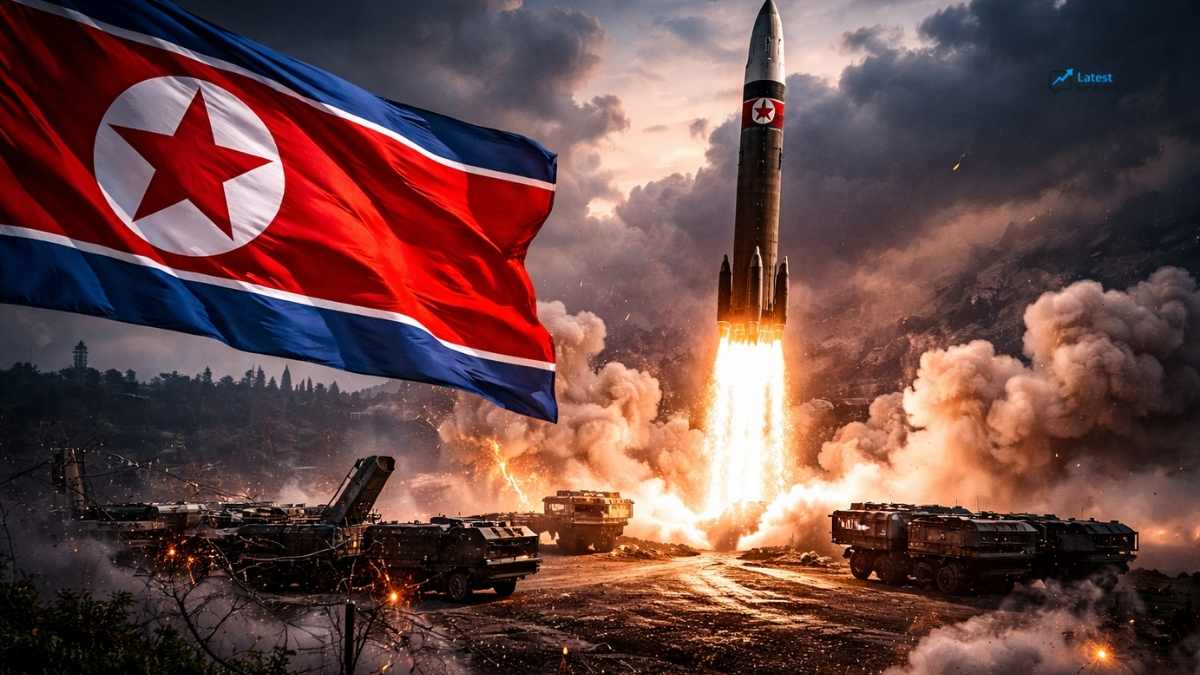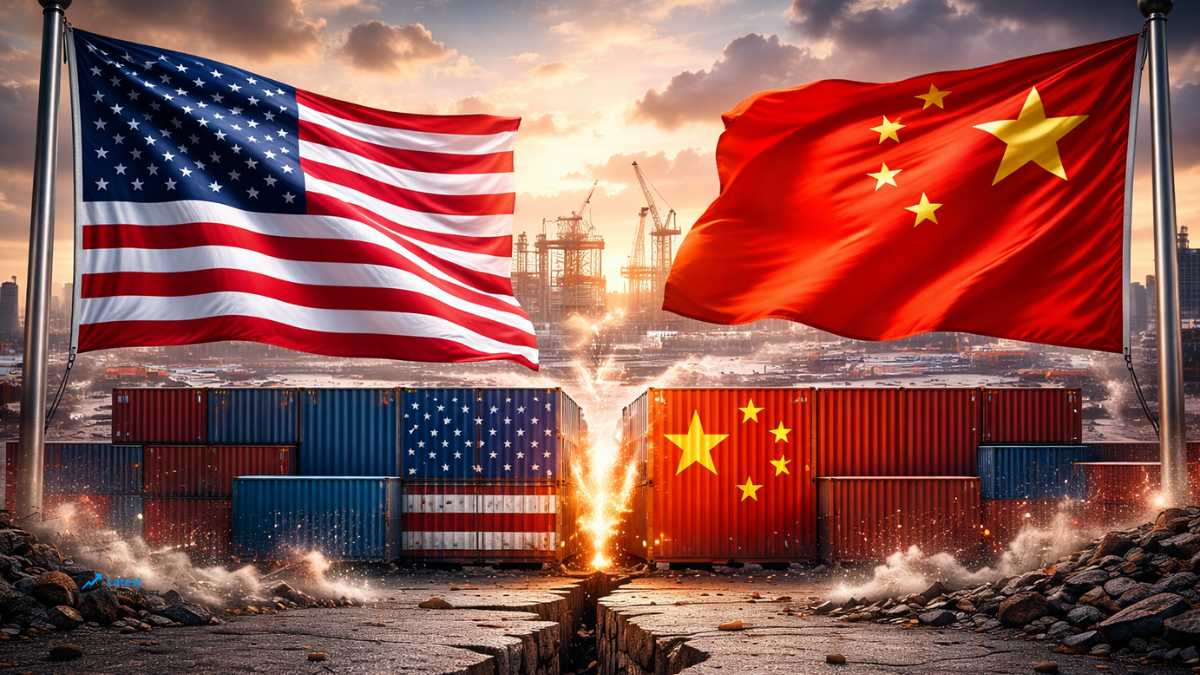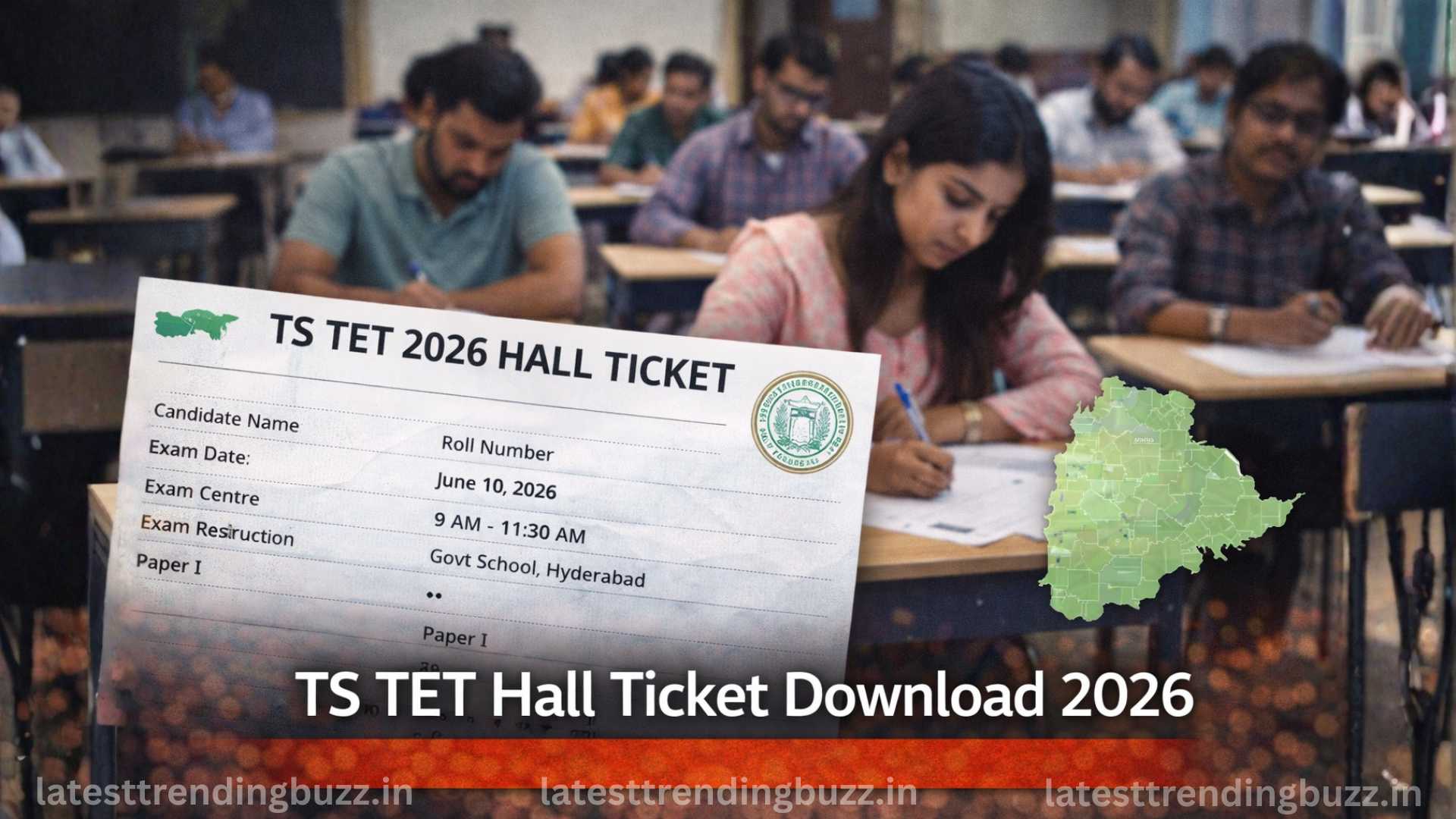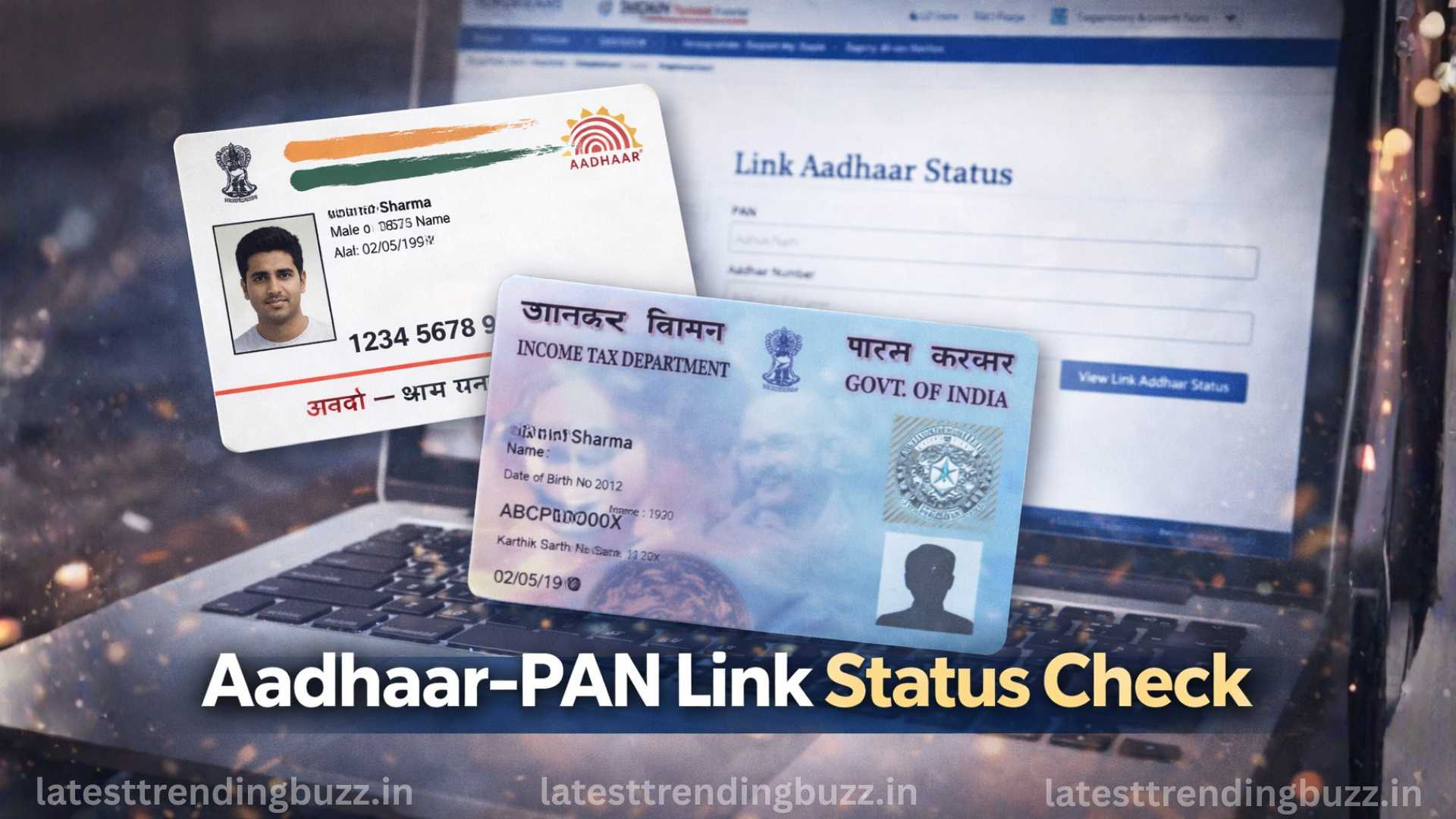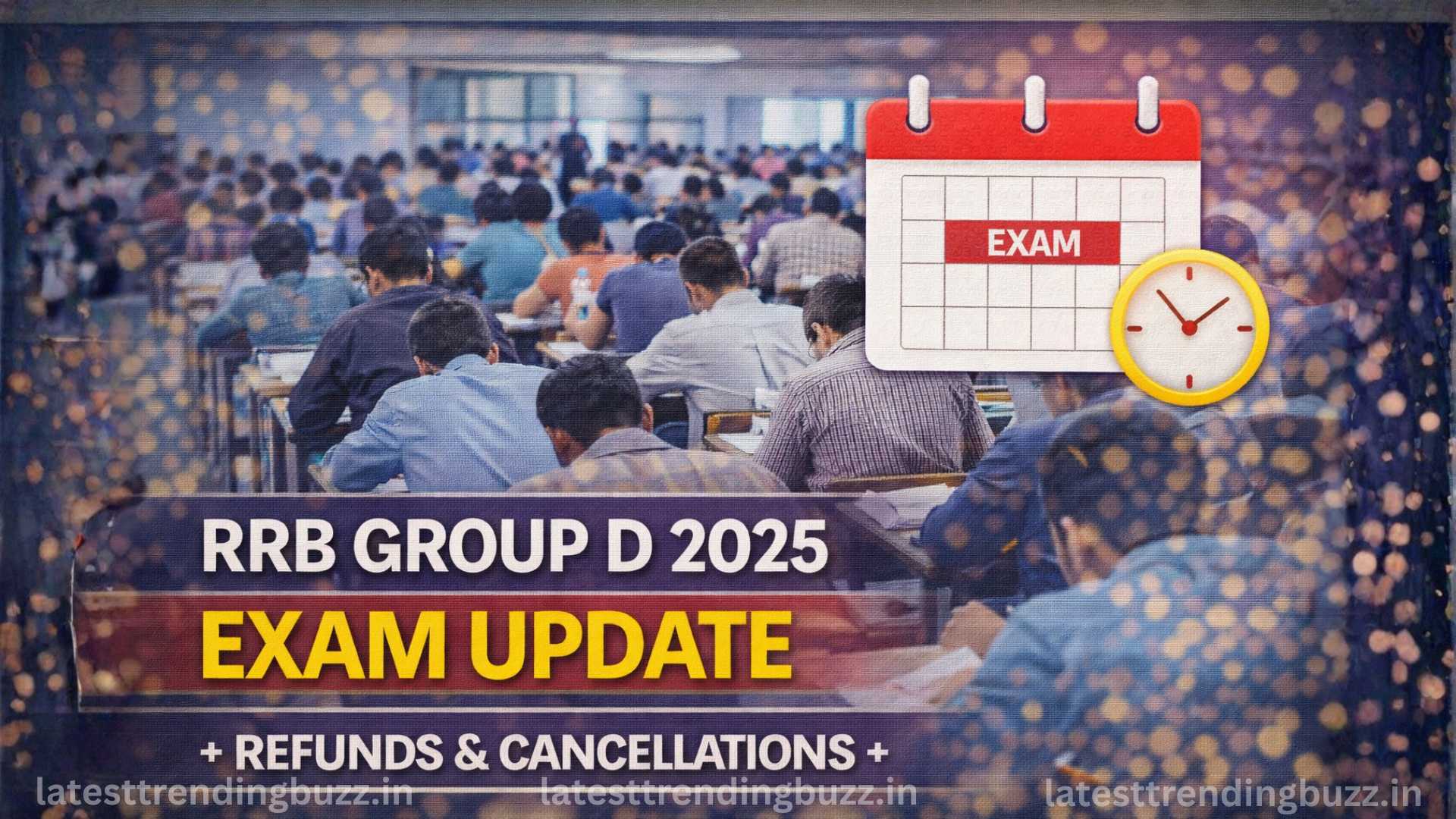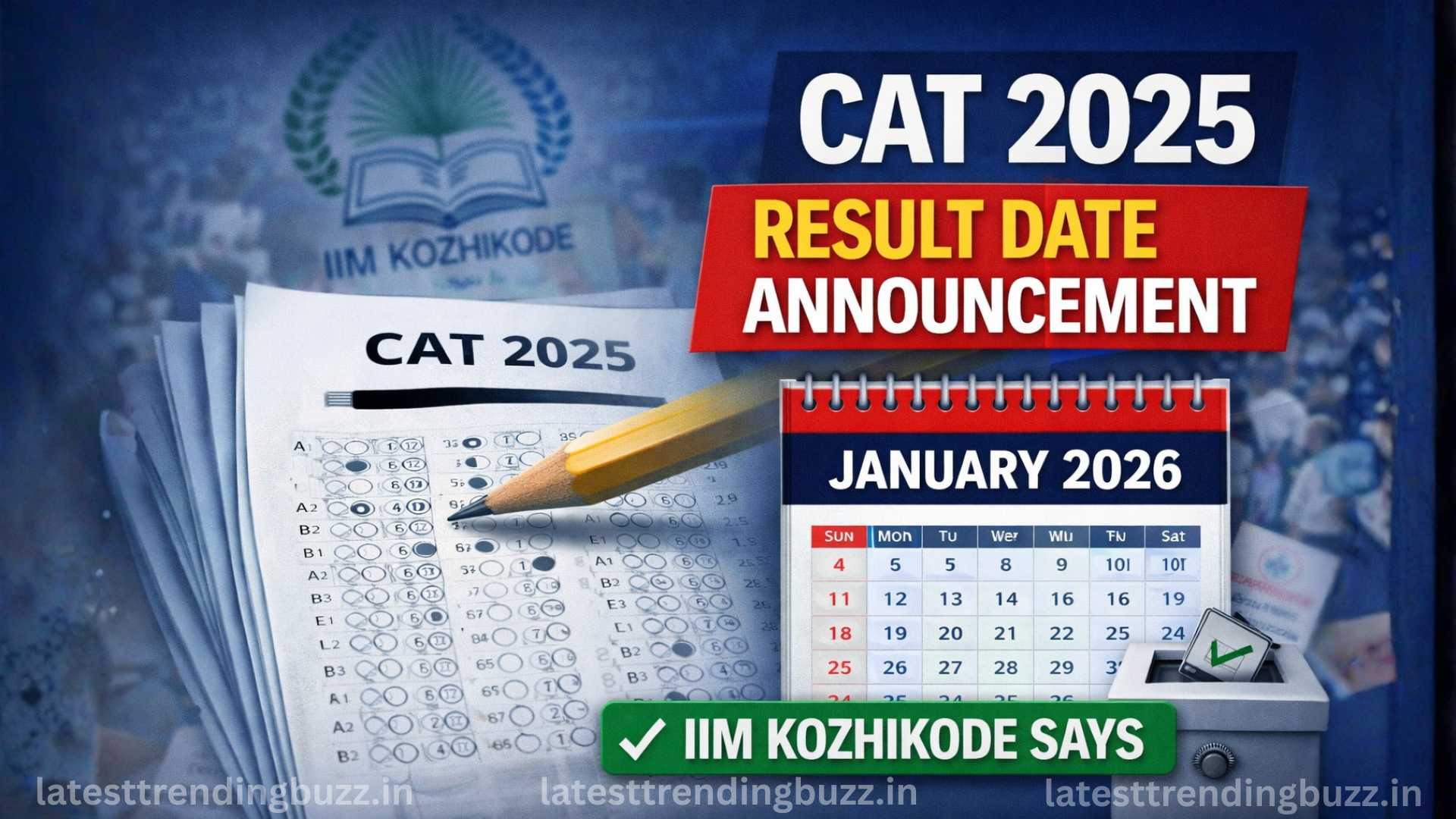What if the funniest meme you saw last week was actually a weapon?
From New Delhi to Washington, governments around the world are quietly assembling armies of digital soldiers — not with guns or tanks, but with GIFs, sarcasm, and viral humor. Welcome to the shadowy world of Meme Warfare, where laughter is ammunition and “going viral” can change political destinies.
In 2025, memes are no longer just jokes. They’re psychological weapons, shaping public opinion, influencing elections, and rewriting narratives faster than any traditional media ever could.
From Humor to Propaganda — The Power of Memes in Modern Politics
A meme is harmless until it’s not.
Once confined to internet humor and fandoms, memes have evolved into potent instruments of persuasion. A well-timed joke, a sarcastic image, or a viral clip can plant an idea deeper than any political speech.
Experts in Meme Warfare say that memes bypass rational thinking. They hit emotions directly — triggering laughter, anger, or fear — and make complex ideologies feel simple and relatable.
In the last five years, memes have replaced pamphlets as propaganda. Political parties, corporations, and even state intelligence agencies now hire full-time “meme strategists” to create viral emotional narratives.
As one cybersecurity analyst from Bengaluru puts it:
“We’ve moved from information wars to meme wars. Whoever controls the joke, controls the conversation.”
Inside the World’s First “Meme Command Centers”
It sounds like a sci-fi movie, but Meme Warfare is now an official operation in multiple countries.
- United States: In the 2024 elections, both major parties ran “digital influence cells” that tracked and launched memes in real time to shape debates.
- Russia: The famed “Internet Research Agency” pioneered political meme propaganda years ago, flooding Western social networks with ideological humor.
- Indonesia: The 2024 elections introduced “TikTok Meme Battalions,” where influencers were trained to create emotionally charged short videos supporting specific candidates.
And yes — India has quietly joined the race too.
According to internal sources, several political outfits now run digital meme cells equipped with designers, content strategists, and behavioral experts — all working behind the screen to wage Meme Warfare during elections and crises.
Real Cases: How Meme Squads Shaped Elections in 2024–25
In India, meme campaigns dominated social platforms during the 2024 Lok Sabha elections. Political pages created “relatable humor” that spread across WhatsApp, Twitter, and Instagram — cleverly mocking opponents while glorifying their own leaders.
One famous example was the “Power Cut Meme War” in Uttar Pradesh, where parties used humor about electricity issues to slam each other. Within 48 hours, over 15 million forwards had circulated — with measurable shifts in local polling sentiment.
In the U.S., during the 2024 Presidential race, memes about “AI Presidents” and “robotic candidates” shaped narratives around authenticity and trust. The Pentagon later confirmed studying “memetic influence campaigns” as part of its cyberintelligence programs.
Meme Warfare has quietly entered the strategy rooms once reserved for defense and propaganda experts.
Also Read: The Truth About Your Smartphone Microphone: It’s Listening Even When You’re Not Talking
The Indian Meme Battleground — Political Pages, WhatsApp Forwards & Digital Cells
India’s social media landscape is massive — 800 million internet users, 500 million WhatsApp users, and an election every few years. The perfect playground for Meme Warfare.
Every election cycle now features:
- Anonymous meme pages aligned with parties
- WhatsApp groups pushing “viral humor”
- TikTok-style reels mocking rivals
- Twitter/X bots amplifying hashtags through humor
Behind the screen, digital war rooms coordinate every joke, every trend. Some meme creators earn salaries of ₹50,000–₹1 lakh per month — crafting humor with precision psychology.
A young meme designer from Pune, who works anonymously for a regional campaign, says:
“We don’t make fake news — we make funny truth. People trust jokes more than journalists.”
That’s the dark genius of Meme Warfare — credibility hidden behind comedy.
Interview Angles: Anonymous Meme Creators & Their Motivations
Most meme soldiers don’t see themselves as manipulators.
Many are 20-somethings passionate about politics, pop culture, and design. They join digital cells because memes offer creative freedom — and power.
In conversations with anonymous creators across India, we found three recurring motivations driving the Meme Warfare generation:
- Ideological loyalty: Belief in a political cause.
- Social validation: Likes, shares, and online fame.
- Economic opportunity: Paid meme campaigns for brands or parties.
Ironically, many don’t realize the scale of their impact. Their jokes can tip emotional scales, spread disinformation, or even destabilize narratives at national scale.
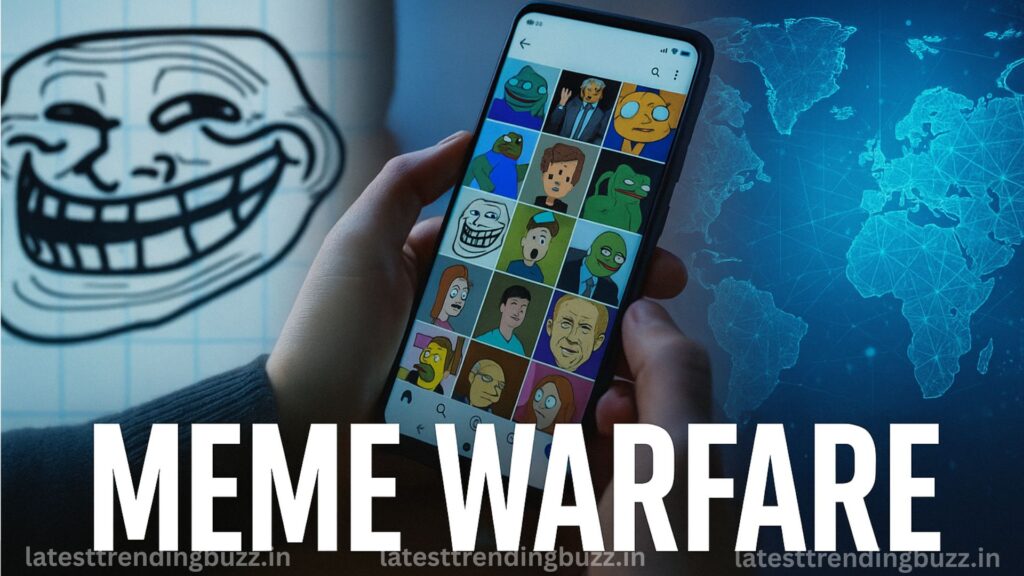
The Psychology of Meme Persuasion — How Jokes Alter Beliefs
Humor disarms skepticism.
That’s the secret behind Meme Warfare — it wraps propaganda in entertainment.
Psychological studies show that people remember humor-based content 3x longer than factual messages. When a meme mocks a politician or glorifies a movement, it creates “emotional priming” — influencing how people interpret later information.
In essence, memes bypass logic and build belief through laughter.
Governments and political strategists exploit this by:
- Using relatable everyday themes
- Amplifying emotions over evidence
- Relying on peer sharing instead of paid ads
It’s persuasion disguised as comedy — a soft form of mind control that feels harmless.
Tools, Training, and Tactics of Meme Soldiers
The Meme Warfare toolkit is surprisingly sophisticated.
Some digital teams use:
- AI meme generators (for instant trending templates)
- Sentiment analysis tools to gauge emotional impact
- Bot networks to amplify memes within hours
- Data dashboards to track viral velocity
Training often includes “memetic literacy” — understanding what types of humor resonate with specific audiences. In Indonesia and India, local dialects and cultural cues are integrated to maximize relatability.
The result? Jokes that feel authentic but are strategically engineered.
Also Read: When AI Becomes Your Therapist Can Machines Heal Human Minds?
What Happens Next: The Global Meme Cold War
As 2025 unfolds, the world is entering what experts call a Global Meme Cold War.
Nations are no longer competing just in cyberattacks — but in controlling cultural narratives through humor and irony.
China invests heavily in state-backed influencer farms. The U.S. is exploring “counter-meme operations” to combat online propaganda. And India’s own political ecosystem continues to evolve into one of the most sophisticated meme machines in the world.
In the next decade, Meme Warfare could influence:
- International diplomacy
- Corporate reputation battles
- Social movements and protests
- Global policy debates
As governments quietly build their meme armies, one question remains:
Are we laughing with them — or at them?
FAQs on Meme Warfare
1. What is Meme Warfare?
It’s the strategic use of memes and humor to influence public opinion, spread propaganda, or destabilize opponents online.
2. Are governments really training meme creators?
Yes. Several nations have acknowledged “digital influence teams” using meme strategies for political and defense purposes.
3. How does Meme Warfare work psychologically?
Memes bypass logic, appealing to emotions — making people more receptive to subtle political messaging.
4. Is Meme Warfare happening in India?
Absolutely. Political parties, PR agencies, and digital volunteers now run meme networks across platforms.
5. Can memes really impact elections?
Yes. Viral humor shapes perceptions, reinforces biases, and can swing undecided voters faster than traditional campaigns.
The Final Word
Memes are no longer innocent internet jokes — they’re digital bullets in an invisible war for attention, belief, and loyalty.
The Meme Warfare era proves that control of humor equals control of narrative. And as politics moves further online, the battle for minds will be fought not with facts — but with laughter.
So next time you share a meme, ask yourself — who made it, and why does it make you laugh?
Disclaimer
This article is for educational and informational purposes only. The insights on Meme Warfare are based on digital influence studies, political media analysis, and expert opinions. Readers are encouraged to think critically about online content and its potential motivations.





